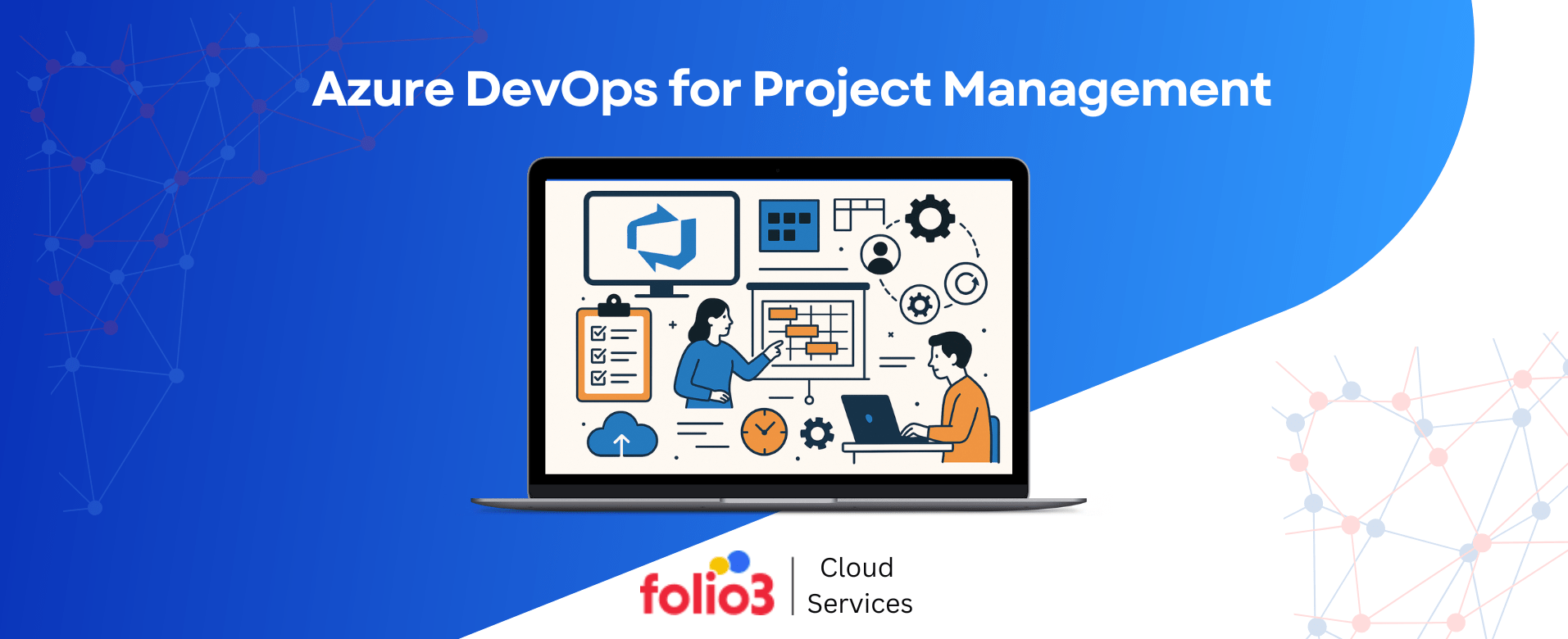Cloud computing has become the backbone of modern businesses. Whether you’re a startup or a large enterprise, leveraging the cloud can provide the flexibility, scalability, and cost-efficiency needed to stay competitive.
Amazon Web Services (AWS) stands out as one of the most widely adopted platforms among the many cloud service providers.
However, like any technology, AWS has its advantages and disadvantages. This article provides an in-depth look at the pros and cons of AWS, helping businesses make informed decisions.
Its widespread adoption highlights the importance of understanding its benefits and limitations.
So, keep reading this blog to explore the AWS advantages and disadvantages:
Advantages of AWS
AWS has become the go-to cloud platform for businesses due to its wide range of powerful features. From unmatched scalability to global availability, AWS enables organizations to manage their resources efficiently, scale operations, and reduce costs.
Below, we’ll explore some key advantages that make AWS a leading choice for businesses across various industries.
1. Scalability
AWS’s scalability is one of its strongest advantages. Businesses often experience fluctuating demands, and AWS’s ability to scale resources up or down based on these requirements ensures cost-effectiveness and operational efficiency. DevOps transformation plays a vital role in streamlining this scalability by automating processes and enhancing the deployment cycle.
Its Auto Scaling feature and Elastic Load Balancing automatically adjust resources to meet the current demand. Whether you’re handling a sudden influx of traffic or downsizing operations, AWS makes it easy to manage resources without over-provisioning or under-provisioning.

Manual Infrastructure Management Slowing Down Scalability
Automate infrastructure with best practices in Infrastructure as Code (IaC) for rapid scaling and reliability.
Automate and scale your infrastructure with our DevOps consulting solutions.
2. Global Reach and Availability
With data centers spread across multiple Availability Zones (AZs) and geographic locations, AWS ensures high availability and low latency.
Businesses utilizing AWS for their operations can overcome devops challenges and solutions with its global infrastructure, which guarantees uptime and performance for applications worldwide.
AWS operates in over 80 Availability Zones in 26 regions worldwide, ensuring users can access services anywhere with minimal downtime. Its multi-region redundancy improves reliability, allowing companies to store data across different areas for improved disaster recovery and failover options.
3. Cost Efficiency
AWS operates on a pay-as-you-go model, allowing businesses to pay only for the resources they use. This model is especially appealing to startups and companies with fluctuating workloads. For entrepreneurs interested in starting a business, AWS provides scalable solutions that grow alongside your company, minimizing upfront investment and risk.
Many organizations partner with cloud devops consulting services to optimize their resource allocation and manage costs effectively through automation and cloud infrastructure enhancements.
Additionally, AWS offers cost-saving options like Reserved Instances, which provide significant discounts for long-term commitments, and Spot Instances, which enable businesses to bid on unused resources at reduced prices.
4. Security and Compliance
AWS offers robust security features, making it one of the most secure cloud platforms. Features like Identity and Access Management (IAM), encryption protocols, security groups, and firewalls ensure your data is well-protected. Following DevOps best practices helps companies maintain security while continuously integrating and deploying applications across AWS environments.
AWS also complies with major global standards, such as ISO, HIPAA, and GDPR, making it a trusted platform for businesses handling sensitive data.
5. Wide Range of Services
AWS provides many services spanning cloud computing domains, such as storage, computing, AI, DevOps, etc. With over 200 fully featured services, businesses can access a comprehensive toolkit to meet their operational needs.
One of the devops benefits for business is the ability to quickly deploy and manage a variety of AWS services, streamlining workflows and enhancing agility.
AWS also seamlessly integrates with third-party applications and open-source technologies, making it a flexible platform for businesses of all sizes.
6. Flexibility and Customization
Another advantage of AWS is its flexibility, which allows businesses to choose from various operating systems, databases, and programming languages.
The platform offers numerous APIs and SDKs, enabling developers to build and deploy applications according to their specific requirements.
Whether you prefer Linux or Windows, MySQL or PostgreSQL, AWS offers multiple options to suit your technical needs.
7. High Availability and Reliability
AWS ensures high availability with strong service level agreements (SLAs), guaranteeing 99.99% uptime for many services.
With built-in backup and disaster recovery options and automated failover systems, AWS provides businesses with the peace of mind that their data and applications will remain accessible, even in the event of hardware failures or regional outages.
8. AWS Ecosystem and Community
A strong community and extensive knowledge base support the AWS ecosystem. Through the AWS Partner Network (APN), businesses can access consulting services, technical support, and certified AWS professionals to help them optimize their cloud infrastructure.
The community also provides vast resources, including documentation, forums, and training programs, to help users troubleshoot and maximize their use of AWS.
Disadvantages of AWS
Despite its many strengths, AWS also has its drawbacks. From a complex pricing structure to concerns over vendor lock-in, these challenges can affect how businesses utilize the platform.
In this section, we’ll examine AWS’s key disadvantages to help you assess potential limitations before committing to the service.
1. Complex Pricing Structure
While AWS’s pay-as-you-go model offers flexibility, its pricing can be confusing. The various pricing tiers, combined with additional costs for data transfer, support, and specific services, make it difficult for businesses to estimate their expenses accurately.
Many organizations struggle with unexpected costs, especially if they are not closely monitoring their usage.
2. Steep Learning Curve
AWS offers a broad range of services, which, while beneficial, can also be overwhelming for newcomers. Navigating the extensive catalog of services and configurations requires technical expertise.
Managing and optimizing AWS resources efficiently often demands specialized knowledge, which can lead to additional costs in training or hiring experts.
3. Dependency on Internet Connectivity
AWS relies heavily on internet connectivity as a cloud-based service access platform. For businesses in regions with limited or unreliable internet connections, this dependency can pose a significant problem.
In some cases, applications may experience latency issues, especially in areas where AWS data centers are not nearby
4. Vendor Lock-In
One of the significant disadvantages of AWS is the risk of vendor lock-in. AWS offers numerous proprietary services and tools, which may make it challenging to migrate to another cloud provider.
Switching to another platform often involves high migration costs, technical challenges, and potential downtime, discouraging businesses from transitioning from AWS once profoundly integrated.
5. Compliance and Data Privacy Concerns
While AWS complies with several global security and privacy standards, businesses operating in specific regions may still face challenges related to data privacy laws.
For instance, storing data in AWS regions outside one’s own country can raise concerns over data sovereignty and control.
Companies must be mindful of regional regulations and ensure AWS’s compliance meets their requirements.
FAQs
What are the four primary benefits of using AWS?
AWS offers scalability, global availability, cost-efficiency, and security, making it a leading cloud provider for businesses of all sizes.
Is AWS suitable for small businesses?
AWS’s flexible pricing and scalability make it an ideal choice for small businesses. The platform allows startups and small companies to access enterprise-level infrastructure without the high upfront costs.
Can I migrate from AWS to another cloud provider?
While it is possible to migrate from AWS to another cloud provider, it can be challenging due to vendor lock-in and the proprietary nature of many AWS services. Migration can involve high costs, technical complexities, and potential downtime.
Final Words
AWS is an industry leader in cloud computing, offering numerous benefits such as scalability, cost-efficiency, and security. However, it also comes with challenges like complex pricing, a steep learning curve, and the risk of vendor lock-in.
With Folio3 Cloud Services, you understand these pros and cons and determine whether AWS is the right cloud provider for your needs.
While AWS may not be perfect for every use case, it plays a pivotal role in transforming how companies operate in the digital age.














